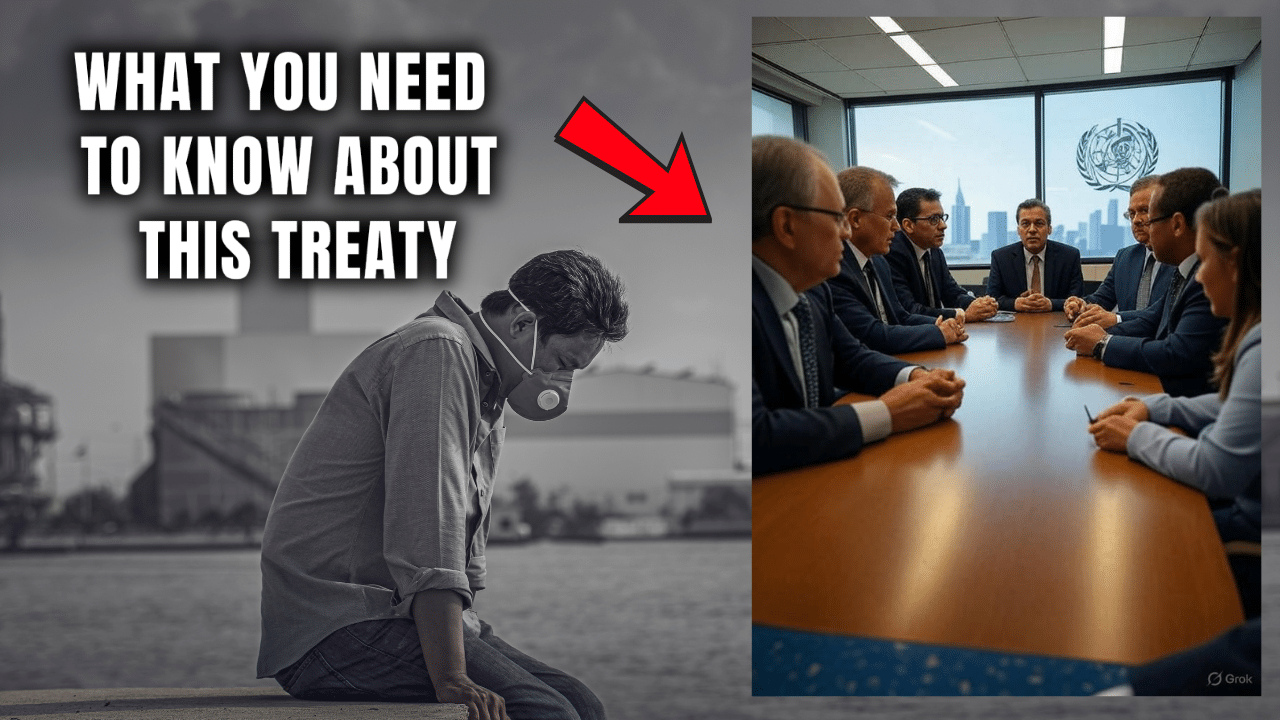Russia’s brutal war on Ukraine is now being led by a ruthless commander known by his troops as “General Armageddon.” The Kremlin appointed Gen. Sergey Surovikin, 56, as overall commander of Russia’s joint group of forces in its so-called “special military operation” on Saturday.
Just two days later, more than 80 long-range missiles rained down across Ukraine — including one just feet from a kids’ playground — in the most dramatic escalation since the invasion nearly eight months ago.
“I am not surprised to see what happened … Surovikin is absolutely ruthless, with little regard for human life,” a former defense ministry official who has worked with Surovikin told the Guardian. “I am afraid his hands will be completely covered in Ukrainian blood.”
Surovikin gained his ominous “General Armageddon” nickname while leading Russian forces in Syria — where he was accused of overseeing a brutal bombardment that destroyed much of the city of Aleppo. “This is a man who regards terror as a legitimate, maybe even inevitable part of war,” historian Mark Galeotti wrote in The Spectator.
According to the Jerusalem Post, When examining the track record of the new commander, who earned the nickname “General Armageddon” in Syria for his tough and uncompromising approach, this missile onslaught may not come as such a surprise. Surovikin led Russia’s military campaign in Syria in March of 2017, initially, he was supposed to serve a mere three months in the region to gain some firsthand combat experience, but ended up commanding Russian forces in Syria until the end of the year.
Surovikin’s “defending” of Moscow’s interests in Syria involved dozens of air and ground attacks on civilian objects and infrastructure, particularly in Aleppo, where the city was practically leveled. Russian forces under his command struck Syrian “homes, schools, healthcare facilities, and markets –
the places where people live, work, and study,” according to a 2020 Human Rights Watch report. The report further stated that air and ground attacks on civilian sites, including homes, schools, and hospitals, were a hallmark of Russia’s campaign in Idlib, which Surovikin participated in during his second tour in 2019.










